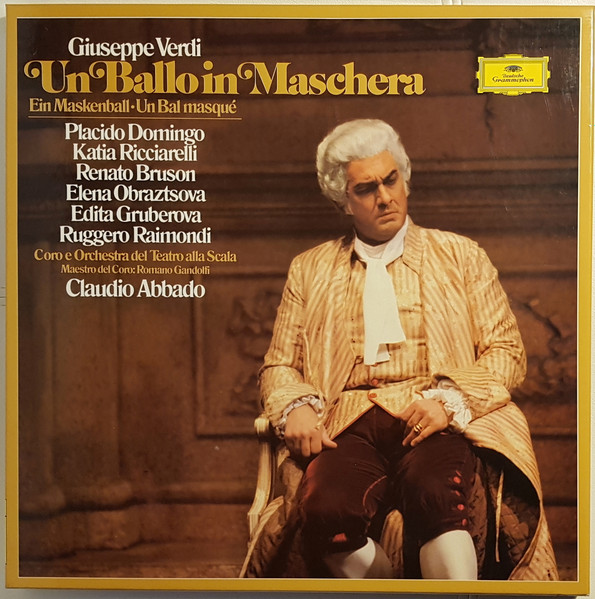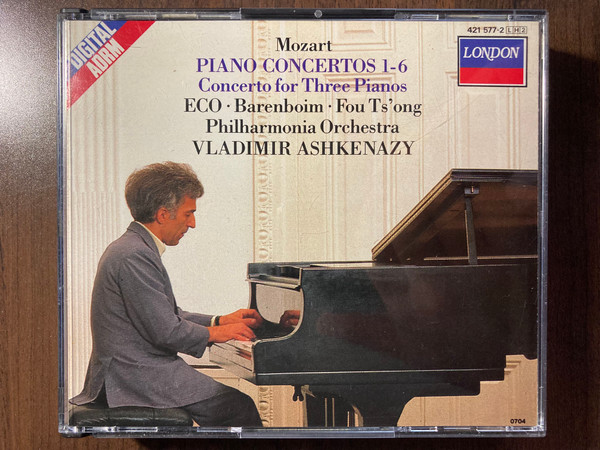| No. 397 of the ongoing ITYWLTMT series of audio montages is this week's Friday Blog and Podcast. It can be found in our archives at https://archive.org/details/pcast397 |
=====================================================================
This week’s
podcast has a very odd theme, and one we’ve encountered before in rare
instances – performances that involve, well, imposters.
There is a
rather infamous story involving recordings attributed to the late great British
pianist Joyce Hatto when, in her last years, more than 100 recordings falsely
attributed to her appeared. The recordings were released, along with piano
recordings falsely attributed to Sergio Fiorentino, by the Concert Artist
Recordings label run by Hatto's husband William Barrington-Coupe, who had a
long history in the record industry.
The result
of such subterfuge, in a way, is mistrust by the record-buying public!
In a way,
this situation was largely exacerbated by the rise of smaller record labels in
the early days of digital media. Who hasn’t dug through the check-out CD bins
in pharmacies and bargain retailers? One popular classical label was Point
Classics, a multinational classical music label, specializing in budget
releases. After the label's parent company went bankrupt in 1993, the catalog was
acquired by Telos Holdings Inc which sold it to One Media iP Ltd in 2014. The
record label and its catalog is still active, and distributed/sold under many
different budget labels.
There is a
subset of the Point Classics catalog which credits performers who have never
been seen or heard in a live performance. The most prolific producer of such
performances was Alfred Scholz.
According
to discogs,
Alfred Scholz was a prolific producer of budget recordings, who fraudulently
sold recordings credited with non-existing artists and orchestras. Sometimes
the names of real people were given credit for performances which were not
theirs. Working as a conductor, he performed under the guise of Alberto Lizzio
as well as many other names.
"Alberto
Lizzio" was a pseudonym used by Scholz and attached to older recordings
which he obtained and then credited to non-existing artists like Hans Swarowsky
(who was a real conductor and also Scholz's teacher, but was never on any of
Scholz's recording) or himself. "Hans Zanotelli" (the name of a real
conductor and also Scholz's fellow student) was another name fraudulently used
on Alfred Scholz's records, as are Milan Horvat and Carl Melles.
It is not
clear if Alfred Scholz was a real conductor who was also a fraudster, or the
perpetrator of the fraud, who was using his name as well as many others, real
or imaginary as "conductors" on his recordings.
The most
common orchestra used by Scholz in his falsified productions was the
Süddeutsche Philharmonie or "South German Philharmonic". If the
attribution is correct, this was originally a short-lived pick-up ensemble
assembled by Scholz from members of the Czech Philharmonic in Prague and the
Bamberg Symphony around 1968. Other non-existing orchestras conducted by
non-existing conductors include Philharmonia Slavonica, London Festival
Orchestra and New Philharmonic Orchestra.
Many dozens
of budget labels use the recordings originally obtained from Alfred Scholz, who
had a catalog of about 2000 titles. Most of these were old analogue recordings
made between 1968 and 1970 for Polyband and Primaton and by the Austrian Radio
prior to 1977. The recordings by the Austrian Radio were sold in 1977 to
PREMIS, a company owned or controlled by Scholz. His catalog also includes a
limited number of legitimate digital recordings made in England (London),
Slovenia (Ljubljana), Slovakia (Bratislava), and Hungary (Budapest).
Please
refer to
this article for insight on the Scholz catalog and how to recognize his
releases.
Today’s
podcast assembles a number of these performances, including Mozart’s Coronation
piano concerto and other well-known classical favourites who may (or may not…)
be performed by the referenced artists.
I think you will love this music too






